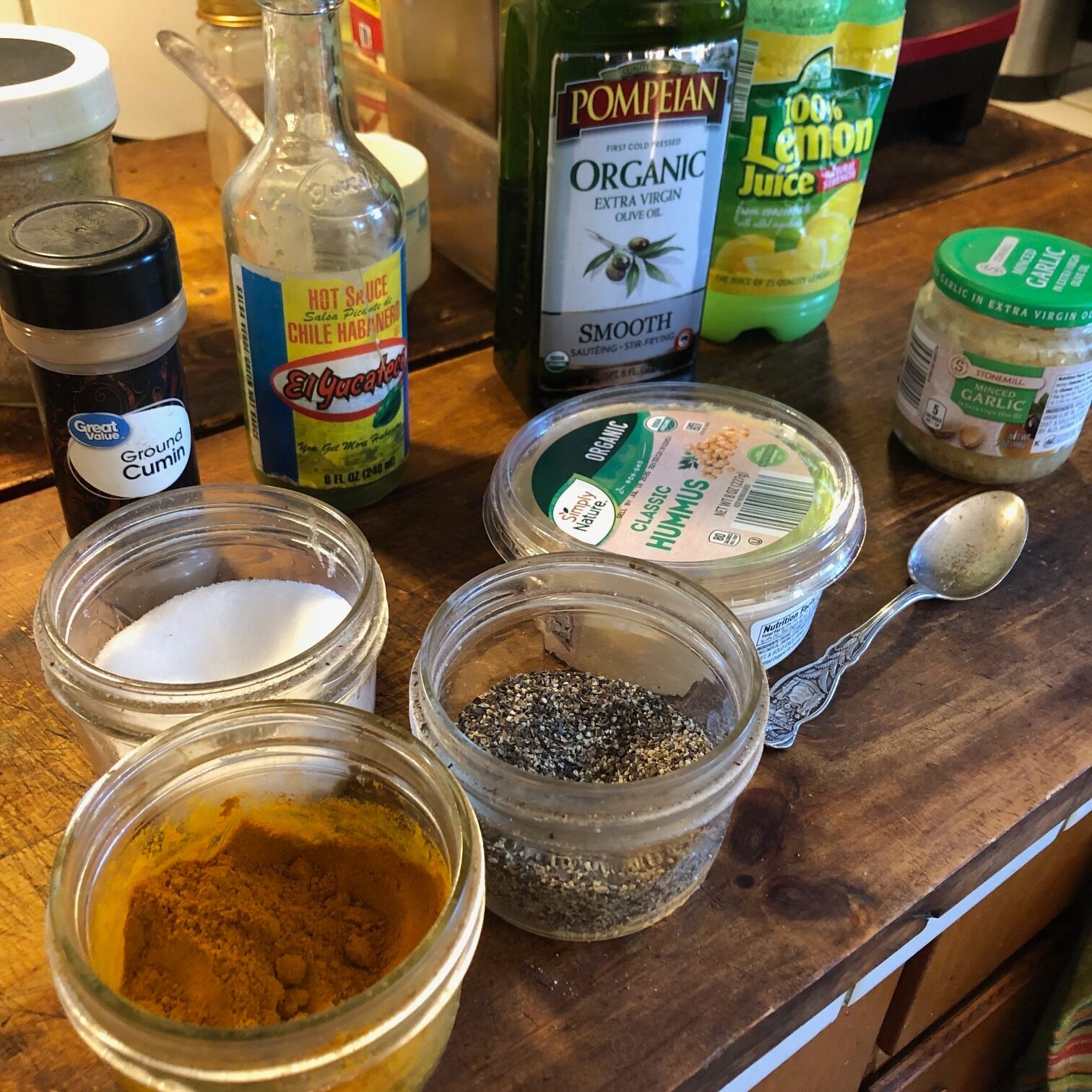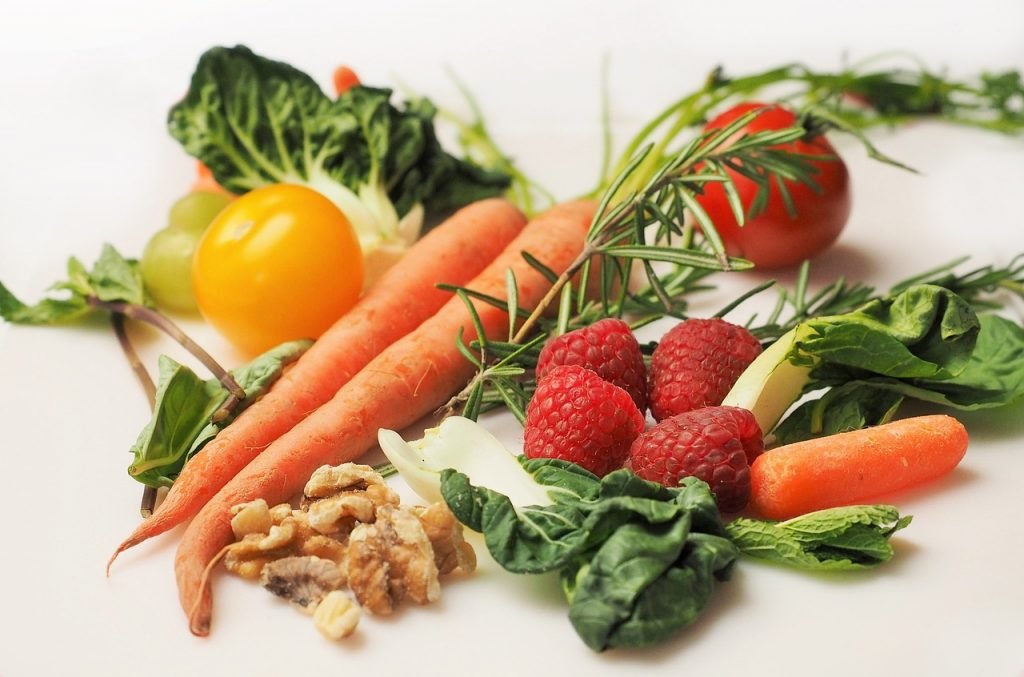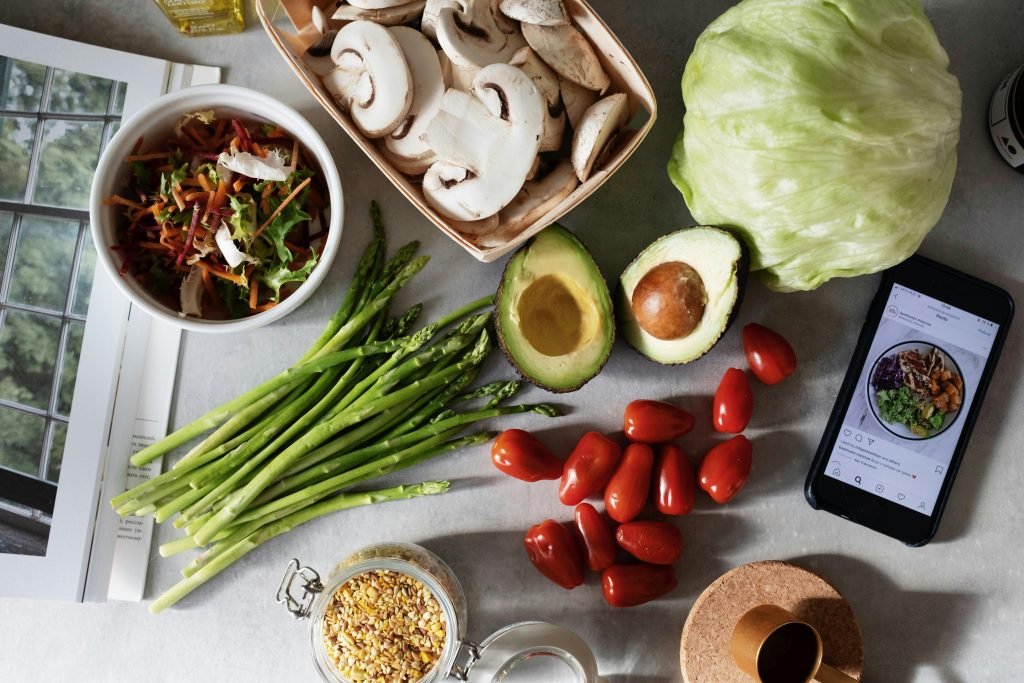Managing POTS involves lifestyle strategies, with a heavy focus on diet.
Understanding the best food sources of essential Nutrients for POTS can play a critical role in symptom management. This article dives deep into the best dietary strategies for POTS and highlights the most important food sources nutrients that support health for those living with this condition.
Understanding POTS and Nutritional Needs
POTS is not caused by poor nutrition, but nutritional choices can significantly influence how well symptoms are managed. People with POTS often need to focus on certain nutrients that support blood volume, nerve function, and energy levels. These include sodium, fluids, potassium, magnesium, B vitamins, and antioxidants.
Why Food Sources Nutrients Matter in POTS
While supplements can be helpful, obtaining nutrients from food is generally more effective due to better bioavailability and synergy among food components. Whole foods also provide fiber and phytonutrients that further benefit heart and nervous system health.
Have you tried using a portable humidifier to help with dry mouth?
Sodium-Rich Foods to Boost Blood Volume
One of the most essential strategies for POTS management is increasing sodium intake, often up to 3,000–10,000 mg per day depending on the doctor’s recommendation. Sodium helps expand blood volume and reduce orthostatic symptoms.
Top Food Sources of Sodium:
- Olives
- Pickles
- Canned beans and soups (low-fat varieties)
- Salted nuts and seeds
- Salted crackers or pretzels
- Broths (especially bone broth)
- Table salt or sea salt added to meals
Tip: Add salt liberally to home-cooked meals and drink electrolyte-rich fluids throughout the day.
Fluids and Hydrating Foods
Staying hydrated is vital for POTS management, as dehydration can trigger symptoms. The combination of sodium and fluids increases blood volume and stabilizes blood pressure.
Best Hydrating Foods and Drinks:
- Water (aim for 2–3 liters/day)
- Coconut water
- Watermelon
- Cucumber
- Celery
- Electrolyte-enhanced water
- Homemade smoothies with added sea salt
Tip: Start your day with a large glass of water and sip continuously throughout the day.
Potassium for Heart and Muscle Health
Potassium is essential for heart function and maintaining electrolyte balance. Low potassium can worsen fatigue and dizziness.
Top Food Sources of Potassium:
- Bananas
- Avocados
- Sweet potatoes
- Spinach
- Oranges and orange juice
- White beans
- Tomatoes and tomato juice
Tip: Balance potassium with sodium intake to help regulate blood pressure and fluid balance.
Magnesium to Support Nerve Function
Magnesium helps reduce muscle cramping, supports heart rhythm, and calms the nervous system—all important for POTS management.
Best Magnesium-Rich Foods:
- Almonds
- Pumpkin seeds
- Dark leafy greens (e.g., kale, Swiss chard)
- Black beans
- Dark chocolate (in moderation)
- Quinoa
- Cashews
Tip: Soak or sprout seeds and legumes for better absorption.
B Vitamins for Energy and Brain Function
Many people with POTS struggle with chronic fatigue and cognitive issues. B vitamins, especially B12 and B6, are essential for energy metabolism and nervous system health.
Top Food Sources of B Vitamins:
- Eggs
- Beef liver (in moderation)
- Chicken
- Nutritional yeast (often fortified with B12)
- Whole grains (oats, brown rice)
- Leafy greens
- Milk and dairy products
Tip: If you follow a vegetarian or vegan diet, consider fortified foods or B12 supplements.
Antioxidants to Combat Inflammation
Oxidative stress and inflammation may contribute to the severity of POTS symptoms. Antioxidants help neutralize free radicals and support immune and vascular health.
Top Antioxidant-Rich Foods:
- Blueberries
- Strawberries
- Broccoli
- Carrots
- Beets
- Turmeric (with black pepper for absorption)
- Green tea (decaf for sensitive individuals)
Tip: Colorful vegetables and fruits are rich in antioxidants—aim for a variety daily.
Protein for Stability and Strength
Maintaining muscle mass and strength is important for POTS patients, especially if exercise tolerance is limited. Protein also helps stabilize blood sugar.
Best Protein Sources:
- Eggs
- Greek yogurt
- Chicken breast
- Lentils
- Tofu and tempeh
- Protein powder (soy, whey, or pea-based)
- Fish (especially salmon for omega-3s)
Tip: Distribute protein intake evenly throughout the day.

Putting It All Together: A Sample POTS-Friendly Meal Plan
Breakfast:
- Smoothie with banana, spinach, half an avocado, chia seeds, soy protein powder, pinch of sea salt, and almond milk
- Slice of whole grain toast with nut butter
Lunch:
- Quinoa salad with black beans, cucumber, cherry tomatoes, olive oil, and a dash of sea salt
- Orange slices
Snack:
- Salted almonds and a boiled egg
- Coconut water
Dinner:
- Baked salmon with sweet potato and steamed broccoli
- Side of pickled beets or kimchi
- Herbal tea

GnarlyTree | PRACTICAL TIPS
Effective Strategies for Managing Fatigue in Chronic Illness
Understanding Chronic Fatigue in Chronic Illness Managing Fatigue in Chronic Illness can be done. It is one of the most debilitating symptoms to have - affecting daily function, productivity, and overall well-being. Unlike everyday tiredness,...
🍽️ FAQ: Dietary Strategies for POTS
1. What nutrients are essential for managing POTS?
Sodium, fluids, potassium, magnesium, B vitamins, and antioxidants are key nutrients that support blood volume, nerve function, and energy levels for POTS management.
2. Why is sodium important for people with POTS?
Sodium helps expand blood volume, which is essential for stabilizing blood pressure and reducing symptoms like dizziness upon standing.
3. What are the best foods for staying hydrated with POTS?
Water, coconut water, watermelon, cucumber, and celery are excellent hydrating foods that support blood volume and help manage POTS symptoms.
4. How does potassium support POTS management?
Potassium is crucial for heart health and electrolyte balance, helping to reduce fatigue and dizziness commonly experienced in POTS.
5. Why is magnesium important for POTS patients?
Magnesium helps reduce muscle cramps, supports heart rhythm, and calms the nervous system, all of which are important for managing POTS symptoms.
6. How can B vitamins help with POTS symptoms?
B vitamins, especially B12 and B6, help boost energy metabolism and support nervous system health, which can reduce fatigue and cognitive issues.
7. How can antioxidants benefit someone with POTS?
Antioxidants help combat inflammation and oxidative stress, which can worsen POTS symptoms and contribute to vascular and immune system health.
8. What protein sources are best for POTS management?
Eggs, Greek yogurt, chicken, lentils, and tofu are great protein sources that support muscle mass and stabilize blood sugar, important for POTS management.
9. How can a POTS-friendly meal plan look?
A POTS-friendly meal plan includes nutrient-dense foods like smoothies with spinach and banana, quinoa salad with black beans, and baked salmon with sweet potato.
10. Should I work with a healthcare provider on my POTS diet?
Yes, working with a healthcare provider or registered dietitian familiar with POTS can help customize your diet for better symptom management.
Conclusion: Optimizing Food Sources Nutrients for Better POTS Management
Managing POTS through diet isn’t just about avoiding triggers—it’s about intentionally nourishing the body to improve daily functioning. Focusing on food sources nutrients like sodium, potassium, magnesium, and B vitamins can make a noticeable difference in symptom severity. While individual needs vary, a nutrient-dense diet filled with whole, colorful, and hydrating foods lays a strong foundation for better quality of life.
If you’re living with POTS, work closely with a healthcare provider or registered dietitian familiar with autonomic disorders to customize your diet. Food is a powerful tool—and with the right choices, you can support your body in meaningful ways.
Do you adjust your diet based on your POTS subtype?



